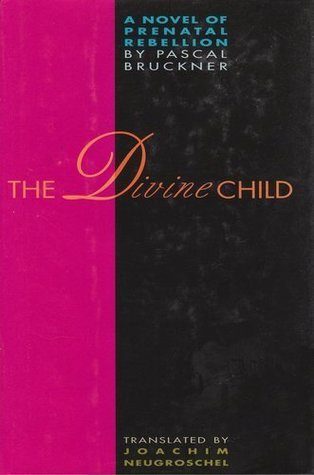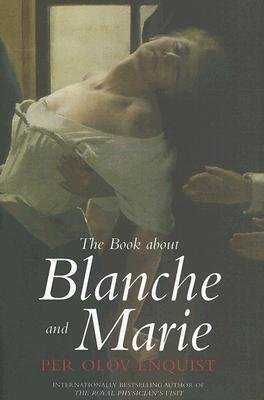
The Divine Child
Book Description
A prophecy whispers through the shadows of Paris, entwining fate and desire as a mother grapples with her child’s extraordinary gifts. Tensions rise as society’s obsession with perfection collides with the raw, unpredictable essence of love and sacrifice. Amidst escalating chaos, a chilling confrontation unfolds, testing the fragile bonds of family and the limits of human ambition. Secrets unravel, and choices must be made that could alter the course of their lives forever. Can love truly triumph over the burdens of expectation, or will the quest for a divine legacy lead to their undoing? What sacrifices are worth making for a miracle?
Quick Book Summary
"The Divine Child" by Pascal Bruckner weaves a haunting tale set in Paris, where a mother is confronted with her child's miraculous and unsettling gifts. As rumors of prophecy ripple through the city's underbelly, mother and son are thrust into the crosshairs of societal ambition and expectation. The narrative delves into love's resilience amidst the clamor for perfection, exploring how obsession with the extraordinary can unravel even the most sacred family ties. With mounting public scrutiny and the promise of a legacy that transcends humanity, personal desires and fears collide. The family faces tough choices as secrets emerge and sacrifices loom, forcing them to confront the essential question: is love enough to redeem and protect, or will the pursuit of the divine consume them?
Summary of Key Ideas
Table of Contents
Prophecy and the Weight of Expectation
The story begins with an eerie prophecy that infiltrates the undercurrents of Parisian society. The mother, torn between awe and fear, recognizes her child’s extraordinary abilities, which seem both miraculous and burdensome. Soon, whispers about the child grow, magnifying the mother’s anxiety as she foresees the pressures her child will endure. The prophecy serves as both a guiding star and a daunting shadow, shaping their daily reality and challenging the mother’s sense of agency.
The Tension Between Perfection and Authenticity
As the child’s gifts become increasingly apparent, French society’s fascination with perfection takes a dangerous turn. The media, intellectuals, and elites become fixated on the child, projecting their own ideals and anxieties onto this innocent figure. This obsession ignites a public debate about human potential, faith, and the desire to transcend natural limitations, reflecting the collective yearning for miracles amid everyday life’s banality.
Familial Love versus Societal Ambition
Within the family, love is strained by these external forces. The mother, fiercely protective, finds herself at odds with those who seek to shape her child according to their vision. Her internal struggles mirror her external ones, as she weighs personal happiness against society’s demands. The bonds between mother and child are tested by public scrutiny and private fears, raising profound questions about identity and belonging.
The Consequences of Obsession and Sacrifice
As ambitions escalate, sacrifice becomes inevitable. The narrative explores the harrowing costs associated with pursuing greatness, both spiritual and material. Characters sacrifice relationships, reputations, and even their own well-being in pursuit of a promise that ultimately proves elusive. As secrets are revealed, the line between miracle and curse blurs, forcing all involved to reconsider what they are truly willing to risk for an uncertain salvation.
The Limits of Human Control and Fate
Ultimately, the story culminates in an emotionally charged confrontation, where the mother must choose between safeguarding her child’s humanity and succumbing to societal expectations. Fate exerts its unpredictable influence, and the fragile constructs of perfection fracture under pressure. In the end, love emerges as both a shelter and a crucible, capable of transforming suffering into redemption — if only those involved dare to embrace its imperfections and resist the siren call of the divine.
Download This Summary
Get a free PDF of this summary instantly — no email required.





